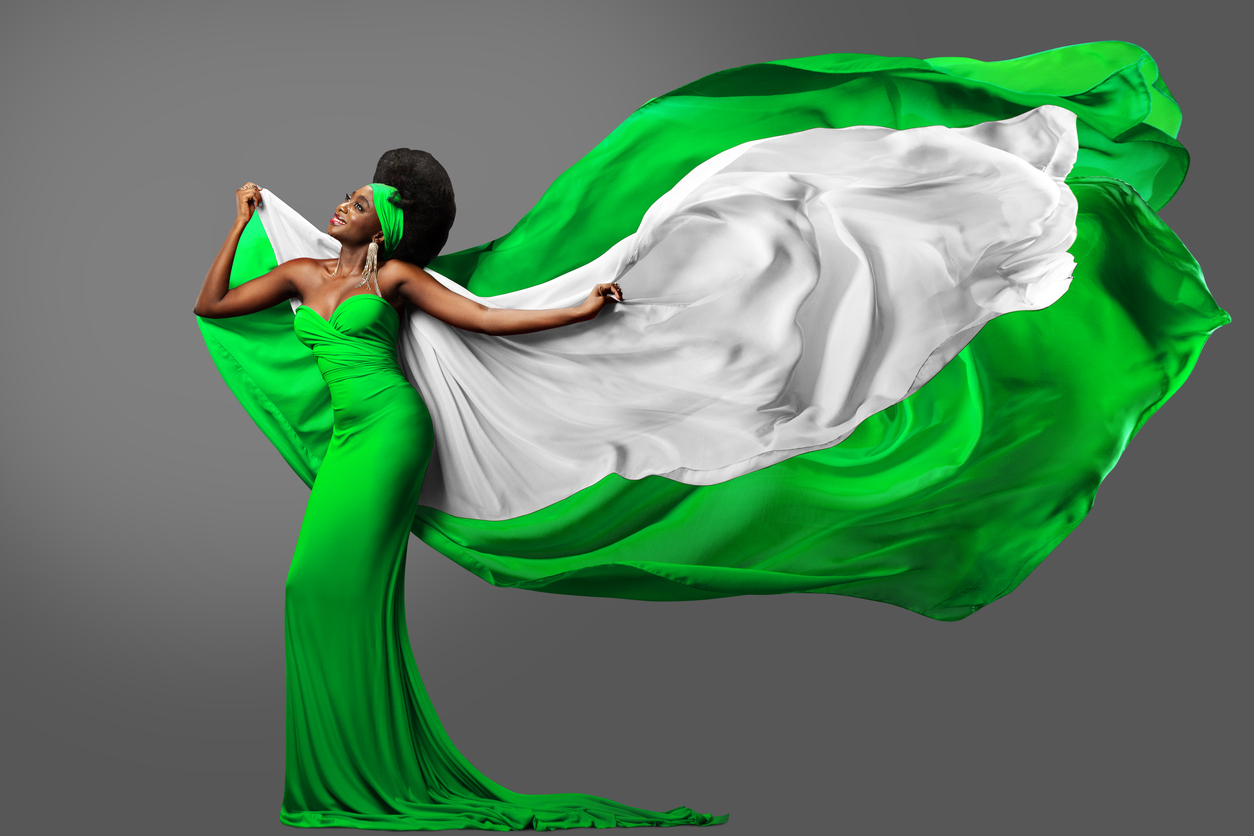Celebrating Nigerian Independence Day: A Journey of Freedom and Unity
Nigerian Independence Day, celebrated on October 1st each year, marks a pivotal moment in the nation’s history. It is a day of reflection, pride, and celebration, honoring Nigeria’s journey to independence and its continued progress as a unified nation. This annual celebration is a testament to the resilience and spirit of the Nigerian people, showcasing their rich cultural heritage and commitment to unity. Let’s delve into the history and significance of Nigerian Independence Day and explore how this vibrant celebration is observed both in Nigeria and around the world.
The Path to Independence
Nigeria’s journey to independence began in the early 20th century, as nationalist movements and calls for self-determination gained momentum. Under British colonial rule since 1901, Nigeria’s diverse ethnic groups and regions were united in their pursuit of freedom and sovereignty. Key figures in the struggle for independence, such as Nnamdi Azikiwe, Obafemi Awolowo, and Ahmadu Bello, played crucial roles in advocating for political reform and greater autonomy.
After years of negotiations and political advocacy, Nigeria achieved independence on October 1, 1960. This historic day marked the end of colonial rule and the birth of a new, self-governing nation. It was a moment of immense pride and joy for Nigerians, symbolizing their triumph over colonialism and their aspirations for a prosperous and united future.
The Significance of Independence Day
Nigerian Independence Day is a celebration of freedom, unity, and national identity. It is a time to reflect on the sacrifices made by those who fought for independence and to honor the progress made since gaining sovereignty. This day serves as a reminder of Nigeria’s potential and the importance of working together to overcome challenges and build a better future.
The themes of unity and diversity are central to Independence Day celebrations. Nigeria is home to over 250 ethnic groups, each with its own unique culture and traditions. Despite this diversity, Nigerians are united by a shared sense of identity and pride in their nation. Independence Day highlights the strength and beauty of this diversity, showcasing the rich tapestry of cultures that make up the Nigerian nation.
Festivities and Celebrations
Independence Day is celebrated with a wide array of festivities and events, both in Nigeria and among the Nigerian diaspora worldwide. These celebrations are characterized by vibrant displays of culture, music, and dance, reflecting the joyous spirit of the occasion.
Parades and Cultural Displays
In Nigeria, Independence Day celebrations often begin with parades and cultural displays in major cities such as Abuja, Lagos, and Port Harcourt. These parades feature marching bands, traditional dancers, and colorful floats representing different regions and ethnic groups. The displays highlight Nigeria’s rich cultural heritage and serve as a reminder of the nation’s unity and strength.
Flag-Raising Ceremonies
Flag-raising ceremonies are a central part of Independence Day celebrations, symbolizing Nigeria’s sovereignty and national pride. These ceremonies are often held at government buildings, schools, and community centers, where citizens come together to honor the national flag and sing the national anthem.
Festivals and Concerts
Festivals and concerts are held throughout the country, featuring performances by renowned Nigerian musicians and artists. These events celebrate the nation’s vibrant music scene, from traditional drumming and highlife to contemporary Afrobeat and hip-hop. The music and dance bring people together, fostering a sense of community and shared joy.
Community Activities and Reflection
Independence Day is also a time for community activities and reflection. Many Nigerians use the day to volunteer or participate in community service projects, contributing to the development and well-being of their communities. It is a day for reflecting on the nation’s progress and considering the work that still needs to be done to achieve a brighter future for all Nigerians.
Celebrating in the Diaspora
For Nigerians living abroad, Independence Day is a cherished opportunity to celebrate their heritage and connect with fellow countrymen. Nigerian communities around the world organize events and gatherings to mark the occasion, showcasing traditional food, music, and dance. These celebrations strengthen the bonds between Nigerians and promote a positive image of the nation to the world.
Conclusion
Nigerian Independence Day is a powerful symbol of the nation’s resilience, unity, and potential. It is a day to celebrate the progress made since independence and to look forward to a future filled with promise and opportunity. As Nigerians come together to honor their heritage and embrace their shared identity, Independence Day serves as a reminder of the enduring spirit and strength of the Nigerian people. It is a celebration of freedom and a testament to the unwavering hope for a brighter tomorrow.








Comments are closed.